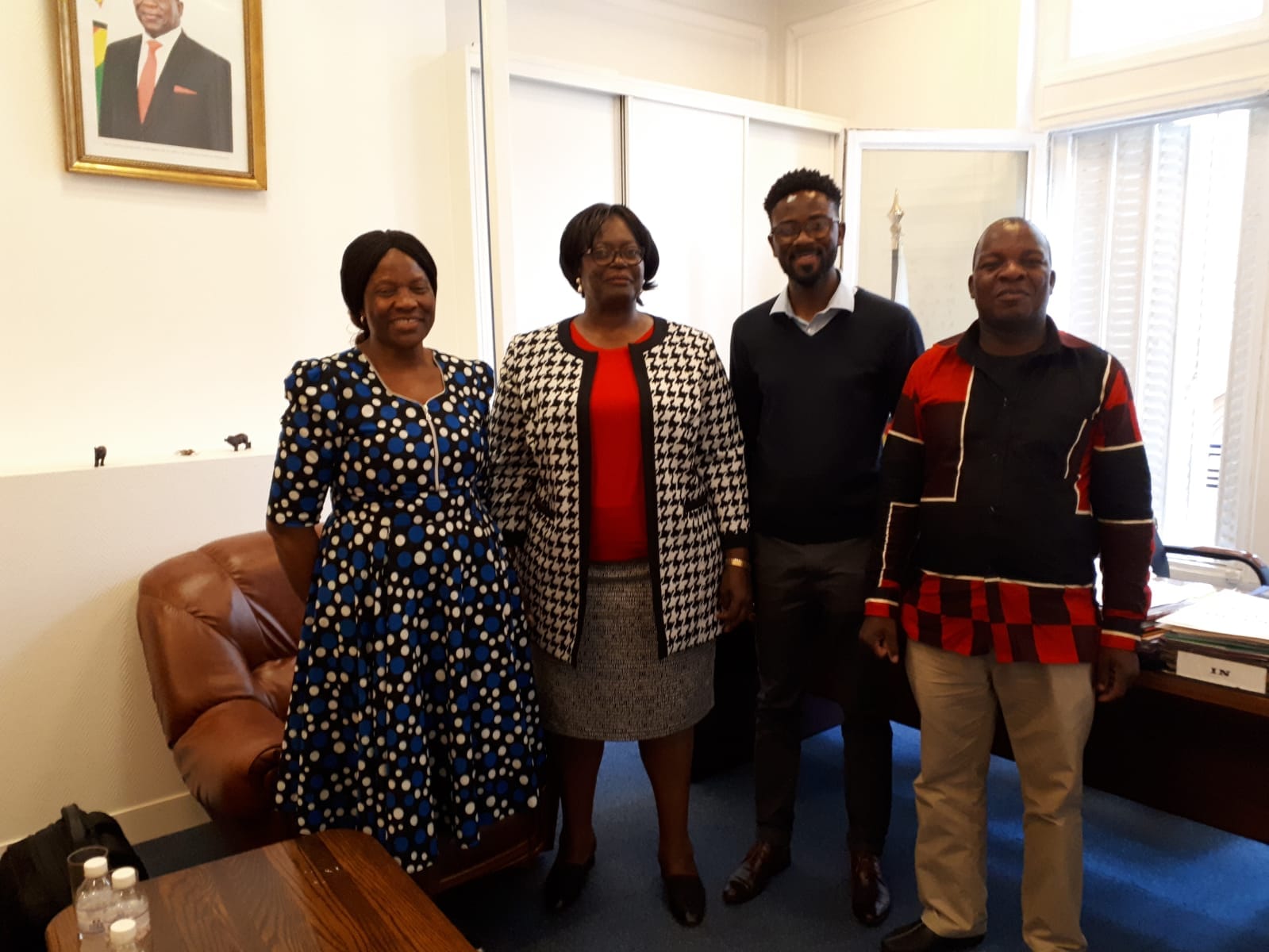Nestled in the stone valleys of the Matobo Hills, just under 50kms away from Zimbabwe’s second Capital-Bulawayo; lies an enclave of where nature and heritage collide. Amagugu International Heritage Centre came into existence in 2010, the vision of Historian, Culturist and National Arts Merit Awards Lifetime Achievement Award Winner; Pathisa Nyathi with the intent to promote the knowledge, understanding of the indigenous means of life, heritage, history and cultural context not only to international tourists but domestic travels as well.
Eight years and counting, Amamgugu has been referred to as a centre of documentation, preservation and promotion of indigenous cultural heritage. Located next to a UNESCO World Heritage Nature site, the Matobo Hills, the project’s integration of the local communities has caught the attention of advocates of such preservation.
This year, the Amagugu team was invited as observers at the 7th General Assembly of the Intangible Cultural Heritage Convention held in Paris, France from 4 – 6 June 2018 at the invitation of UNESCO. This was not a passive invite, Article 9 of the UNESCO ICH Convention requires a certain competency for the accreditation of advisors such as competence in the area of Cultural Preservation. Out of the fifty applications for accreditation by NGOs, a total of 29 were accredited at the 7th General Assembly. Of these 29, only two African countries were represented, Zimbabwe and Mali, imagine that?
Speaking to the Amagugu Programs Manager and 2016 Mandela Washington Fellow, Butholezwe Kgosi Nyathi he attributed the gap to a lack of awareness,
“What I can assure you is that this selection was based on Heritage, there is very few Heritage sans Art institutions in Zimbabwe for instance. I can only assume there was a skills gap or a lack of awareness…may the process seemed too technical or some did not recognise its value” said Nyathi.

Amagugu International Heritage Centre is the first Zimbabwean institution to be accorded this accreditation status, which means they provide advisory services to the Intergovernmental Committee in the framework of the 2003 UNESCO Intangible Cultural Heritage Convention. They now have the mammoth task of determining and identifying global intangible cultural heritage, inventories, implementing programmes, projects and activities as well as overseeing nomination lists for new sites.
“We are excited that UNESCO recognises our efforts from an African context, we appreciate the affirmation they have shown us…now interfacing with international NGOs, exchanges culturally, tapping into their knowledge and skills, offering up what we have”, said Nyathi.
Now that we have a registered institution as part of such a massive body, with the newfound responsibility of fostering communication, networking and generating partnerships among NGOs. Nyathi highlighted that NGOs from Zambia had already reached out in hopes of peer to peer learning,
“This is not just a win for Amagugu but a victory for Zimbabwe, Amagugu’s work has been recognised within a state context…we are keen to facilitate peer to peer exchanges”, he concluded.
Perhaps it’s not too dizzy to hope that more Zimbabwean and African locations can be more actively involved in the business of preserving heritage. If you haven’t heard about Amagugu International Heritage Centre, have a look at their website here.
























2 comments